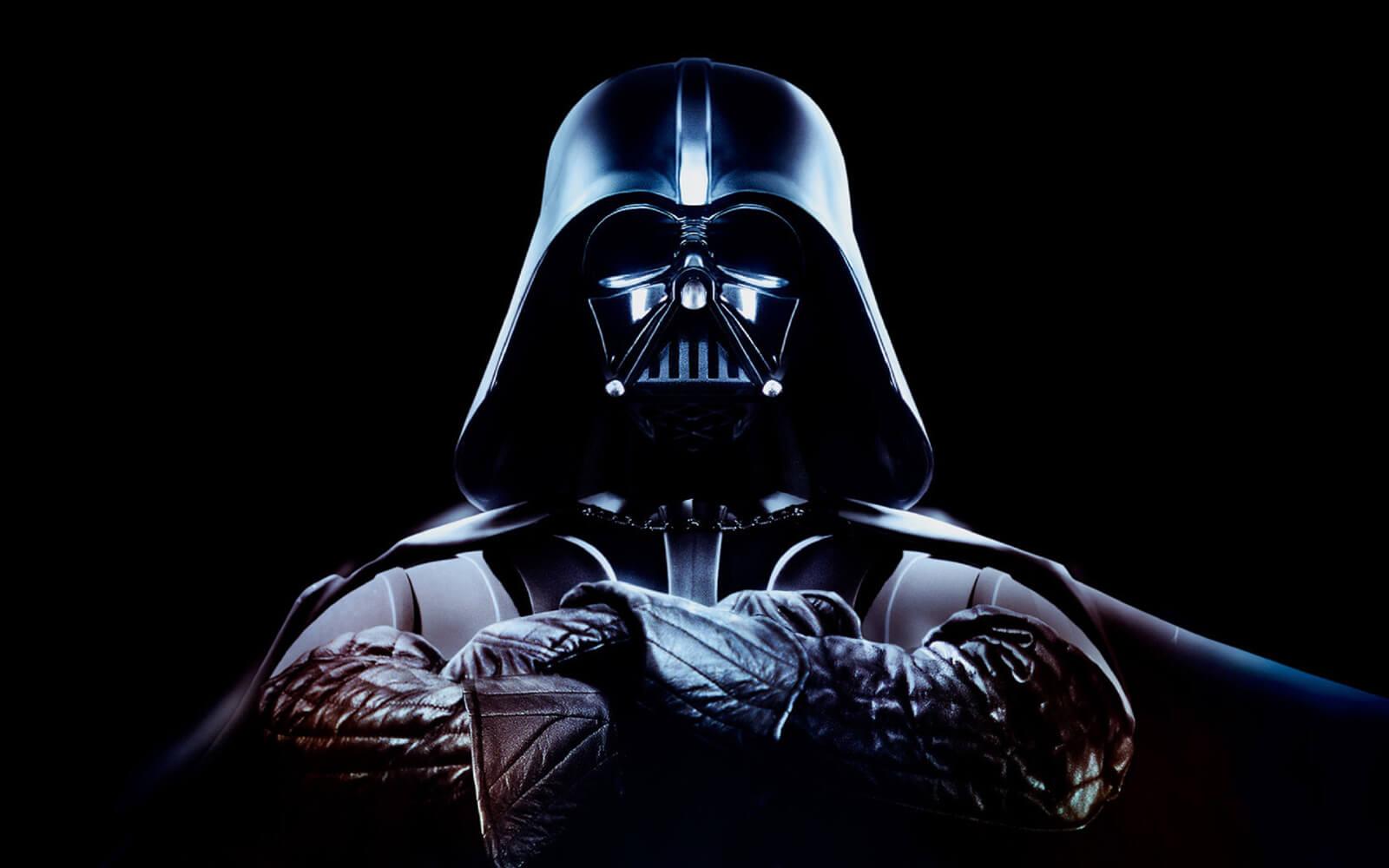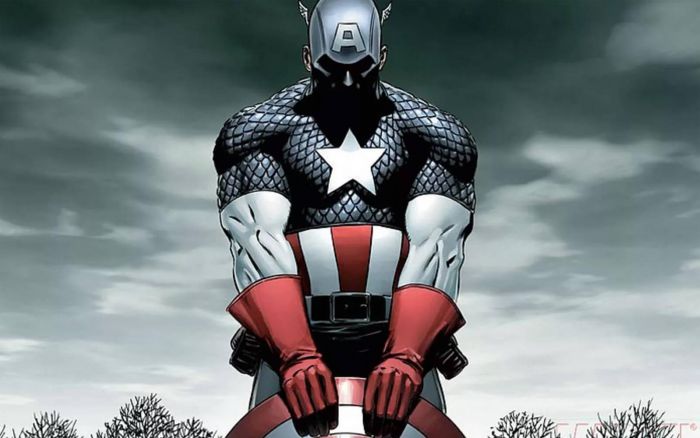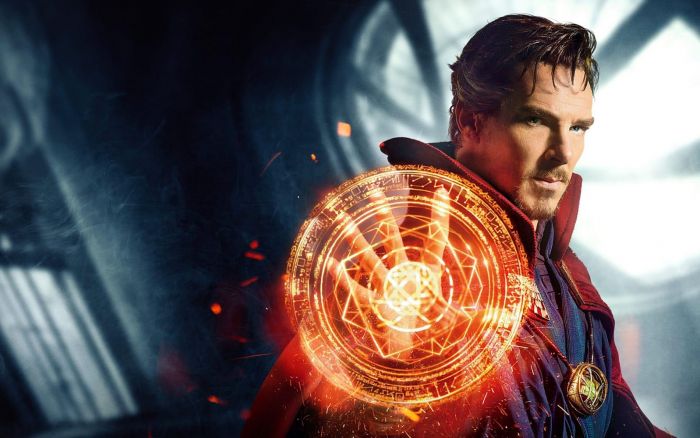The Perils (and Positives) of Politicizing Pop Culture

This year’s presidential election was truly something else. The pundits and the media — the folks who are supposed to be on top of this sort of thing — all thought Clinton was going to win because, well, Trump. And yet Clinton didn’t just lose, she was trounced in an upset that few saw coming.
In light of such a loss, what’s a good liberal to do? How do they make sense of it all?
Writing for The Baffler, Jacob Silverman laments one way liberals have been processing and mourning their shellacking at the hands of Trump: pop culture references. He writes:
[I]f the great fantasia of geekdom isn’t the prism through which you view life and politics, then you may be missing out on the sort of post-election soul-searching in which many liberals are currently indulging. Throughout the web’s social media feeds and content farms, shell-shocked voters have turned to the shiny emblems of pop culture for anesthetizing succor. “Maybe Obama getting elected was Star Wars,” the comedian Patton Oswalt tweeted. “Trump is Empire Strikes Back. Get behind Booker or Warren — they’re our Jedi in 2020.” The writer and game designer Jane McGonigal was first to respond, excited by this proposed trilogy: “THANK YOU for looking this far ahead. This is exactly what we need to be doing. Thank you.”
It’s more than the occasional Twitter personality popping off about how “winter is coming.” The retreat into juvenilia is epidemic. Dumbledore’s Army is now recruiting, reports BuzzFeed. The Hunger Games is “our most relevant dystopia,” a YA model for the coming horrors, explains Vox. The election is The Walking Dead, says Mashable. No, it’s like The Purge — because of voter ID laws or racist violence or something.
While this turn to the many cherished worlds of fiction may well be helping people work though their bewilderment, it reveals not imagination but a dismal lack thereof. By refusing to engage with the world as it is, by seeing in every political disaster an opportunity to indulge in escapism and dime-store nostalgia, pop-culture liberals overlook the very real horrors already looming for swaths of the population, including those who have never seen Doctor Who. It is its own kind of filter bubble, a self-contained world of soothing bedtime stories.
Some may point out this is hardly a liberal tendency, that there are examples of conservatives using pop culture to bolster their side. (For what it’s worth, I’m sure plenty of right-leaning folks identified with the Rebel Alliance during Obama’s presidency.) Even so, there’s truth in what Silverman’s writing here.

I enjoy a good geeky pop culture reference as much as the next person, and I’m sure I chuckled a bit at Oswalt’s tweet. Heck, I’ve written a lot about the value of pop culture artifacts (e.g., movies, video games, superheroes) as lenses through which we can better understand and comprehend reality. Therefore, I’m the last one to criticize somebody for referencing Frodo, The Doctor, or Captain America in a “serious” discussion or to make sense of our current political climate. But as a pop culture obsessive, I do find Silverman’s article convicting.
Dropping pop culture references, however pointed and clever, can smack of desperation and a cheap effort to be “hip” and “relevant,” like the pastor who peppers his sermons with references to Braveheart or the worship team that converts popular “secular” songs into worship choruses. (And no, it’s not OK just because Martin Luther supposedly did so. TL/DR: He didn’t.)
Of course, there’s nothing inherently wrong with references because pop culture artifacts 1) can awaken us to beauty and truth, and 2) they’re part of shared narratives that resonate with people. (More on that in a bit.) Both of which make them valuable communication tools. But at some point, it’s easy for the message to become memorable, not because of its substance, but because of the references it contains. Because of its cleverness rather than its resonance.
Still, I worry that Silverman, in his quickness to criticize, overlooks one of the great things about pop culture: that it can, indeed, be a unifying, inspiring, and illuminating force.
One can (and should) make a solid case that Clinton engaged in, as Silverman puts it, a “slick and foolish liberal embrace of Hollywood and pop culture” that was as much a blatant attempt to garner celebrity appeal as anything else. But let’s not throw the baby out with the bathwater. The misuse of something, as my friend Chad would say, is not straightforwardly an argument for its nonuse, much less for its abuse, but rather, for its right use.
I disagree with Silverman when he denies that pop culture can be “[a] kind of map for the present crisis,” when he accuses pop culture of “standing in for a shared sense of history,” or when he drops terms like “juvenilia” and “dime-store nostalgia.” While I do think there’s plenty to criticize in how people consume and use pop culture in their lives, such statements strike me as too dismissive of pop culture’s power to bring people together, or at the very least, help individuals make better sense of the chaos around them.

I experienced that myself after seeing Doctor Strange last week. As I wrote in my review for Christ and Pop Culture, it gave me “a much-needed perspective shift on election night.” And it led to a good discussion with my wife and a friend, as together we tried to process what was going on in our nation.
Perhaps the ultimate problem isn’t that liberals seek refuge in Harry Potter, The Hunger Games, and The Walking Dead, but rather, that conservatives probably do so, too — and neither side understands why those artifacts speak to the other. In other words, just as both sides need to listen to each other when it comes to economics, social issues, and other “serious” fare, maybe pop culture needs to be in that discussion, too.
Great art and stories — and yes, I’ll include movies, comic books, and other pop culture artifacts in that category — transcend simple, earthly divides. The fact that liberals and conservatives have undoubtedly used Lord of the Rings to make points in favor of their groups’ positions implies that something about Tolkien’s text resonates across party lines — and that something is what we should be talking about.
Several years ago, I wrote a piece titled “Finding Common Ground in the Culture Wars” that touched on this.
I know a number of people with whom I can have incredible discussions about music, film, literature, and so on, even though we hold very different views when it comes to religion, politics, and other “serious” topics. This, of course, doesn’t mean that those topics are inconsequential and unimportant, or that they have no bearing on how we think about the things that we do share in common. For example, my appreciation for The Tree of Life is heavily influenced by the ways in which the film resonates with my Christian beliefs, which isn’t the case for my agnostic and atheist co-workers. But we both love Malick’s movie, and we can have a wonderful conversation about our experiences with it.
And here’s the truly beautiful thing: our shared appreciation for The Tree of Life can lead to a greater understanding of those things that we don’t share in common. They might come to understand my beliefs in a way that they wouldn’t were we to have a more overt “religious” conversation, and the same holds true for my understanding of their beliefs and worldviews.
I don’t mind Clinton supporters (or Trump supporters, for that matter) finding refuge in Star Wars. I find refuge in Star Wars, The Lord of the Rings, The Chronicles of Narnia, and the list goes on. But it’d be a great conversation if we all — liberals, conservatives, and otherwise — sat down with each other and discussed the reasons for why we seek refuge in those things. I suspect we’d be surprised, delighted, and maybe even a little humbled by what we’d learn.
I’m not saying the pop culture nerdery is going to save the Union, but these stories form powerful shared narratives in culture; they’re our modern equivalent of the stories our ancestors told ’round the campfire ages ago. And in the process of sharing and discussing them, I suspect we’d find that a fondness for Star Wars isn’t all we held in common.